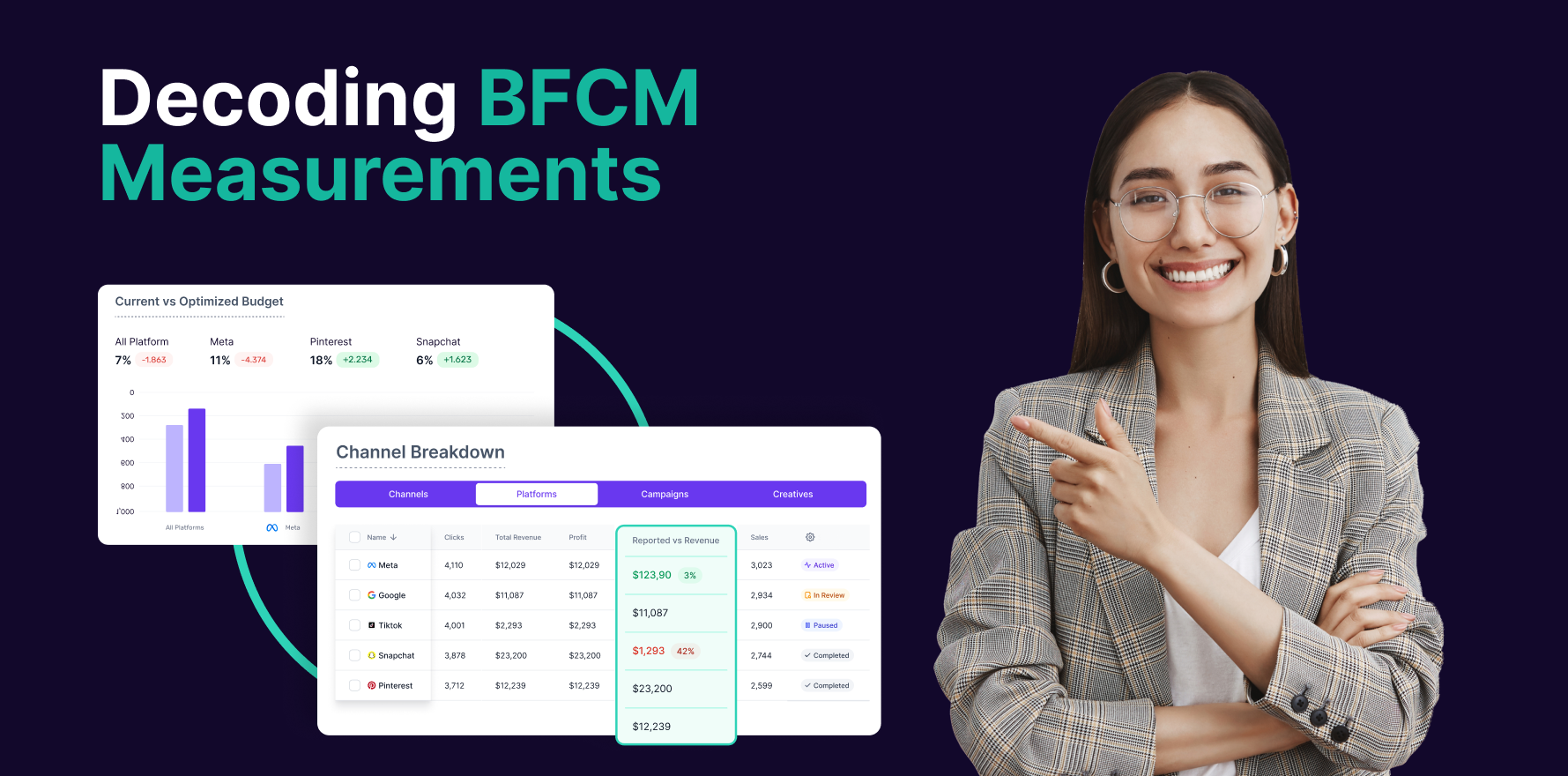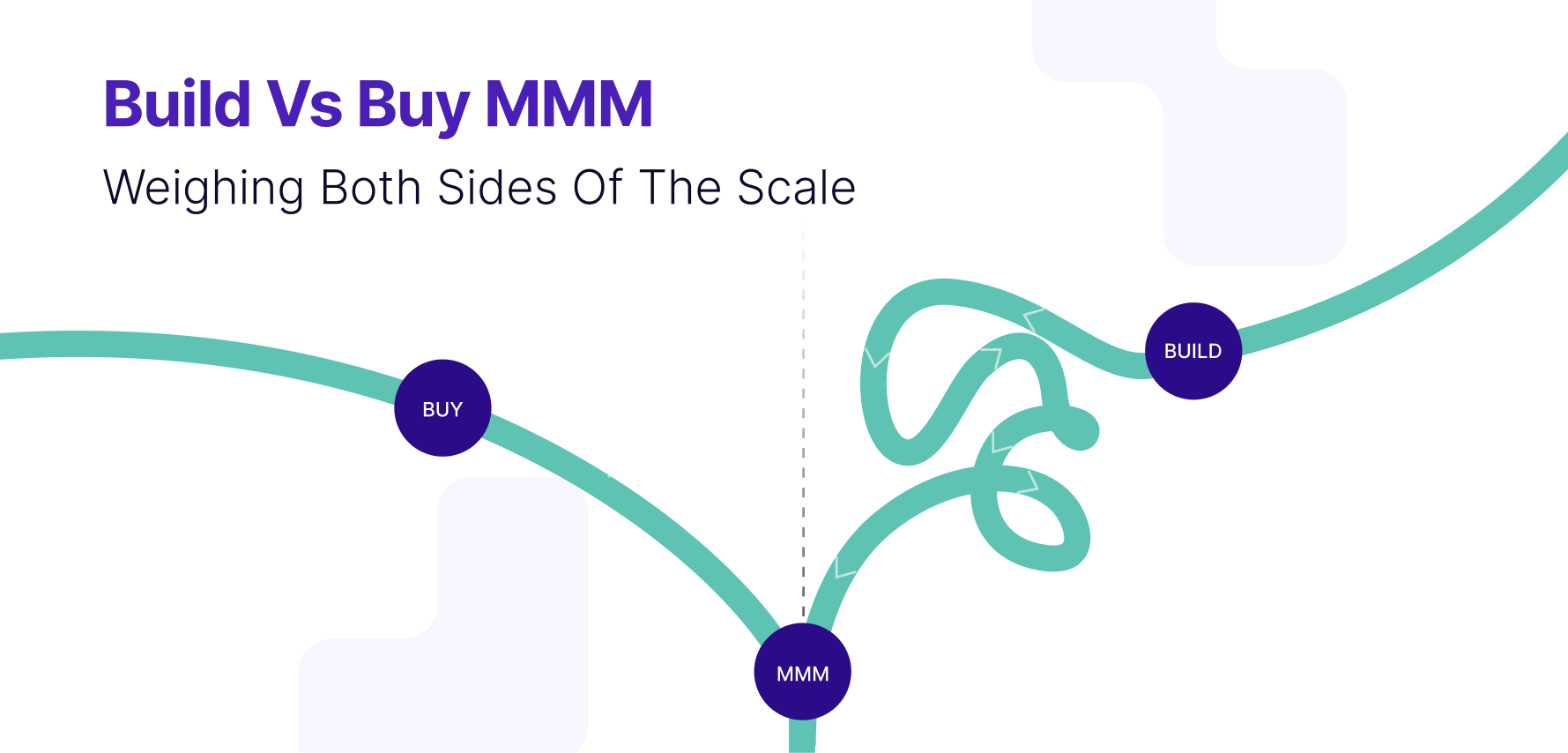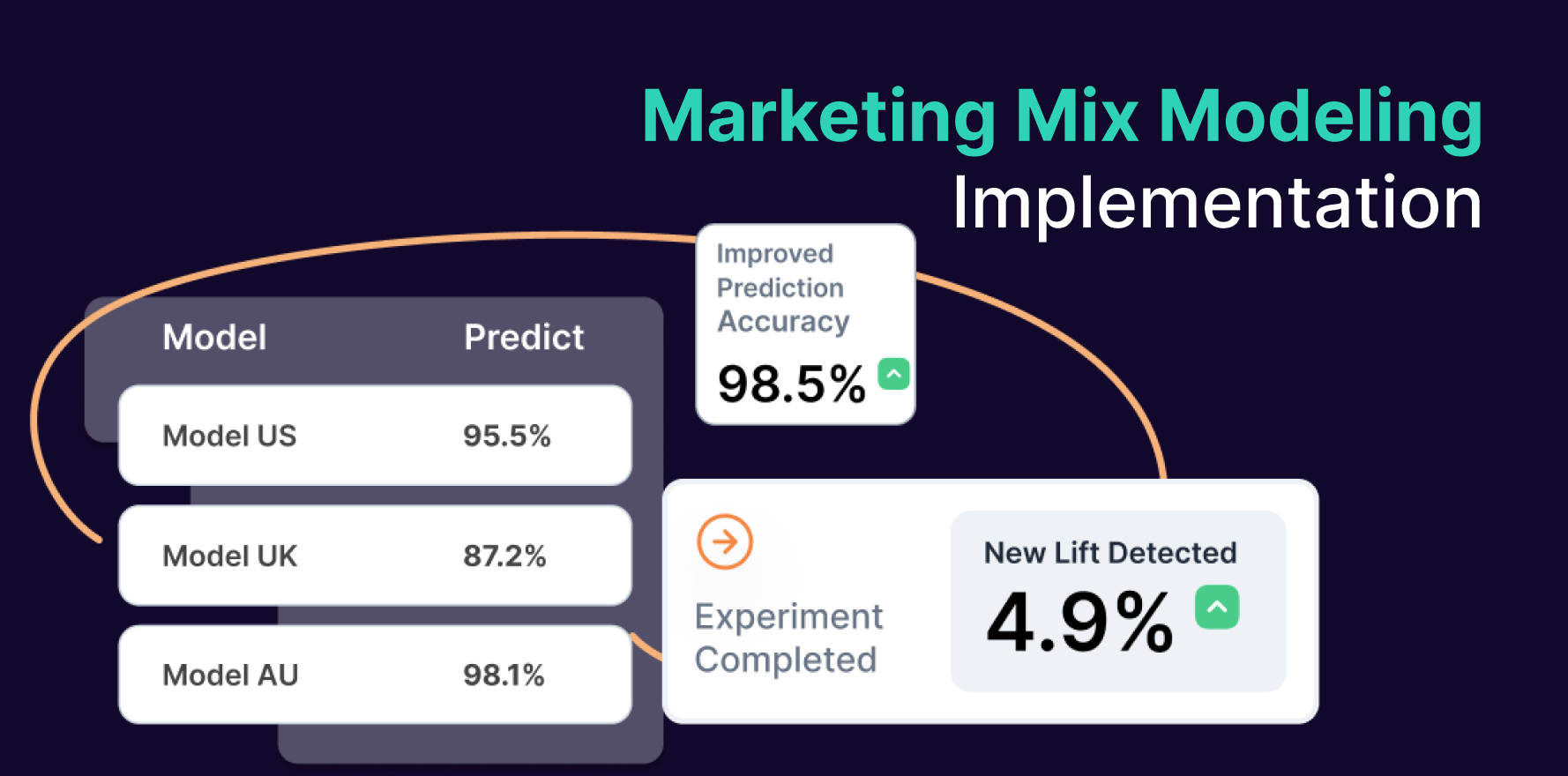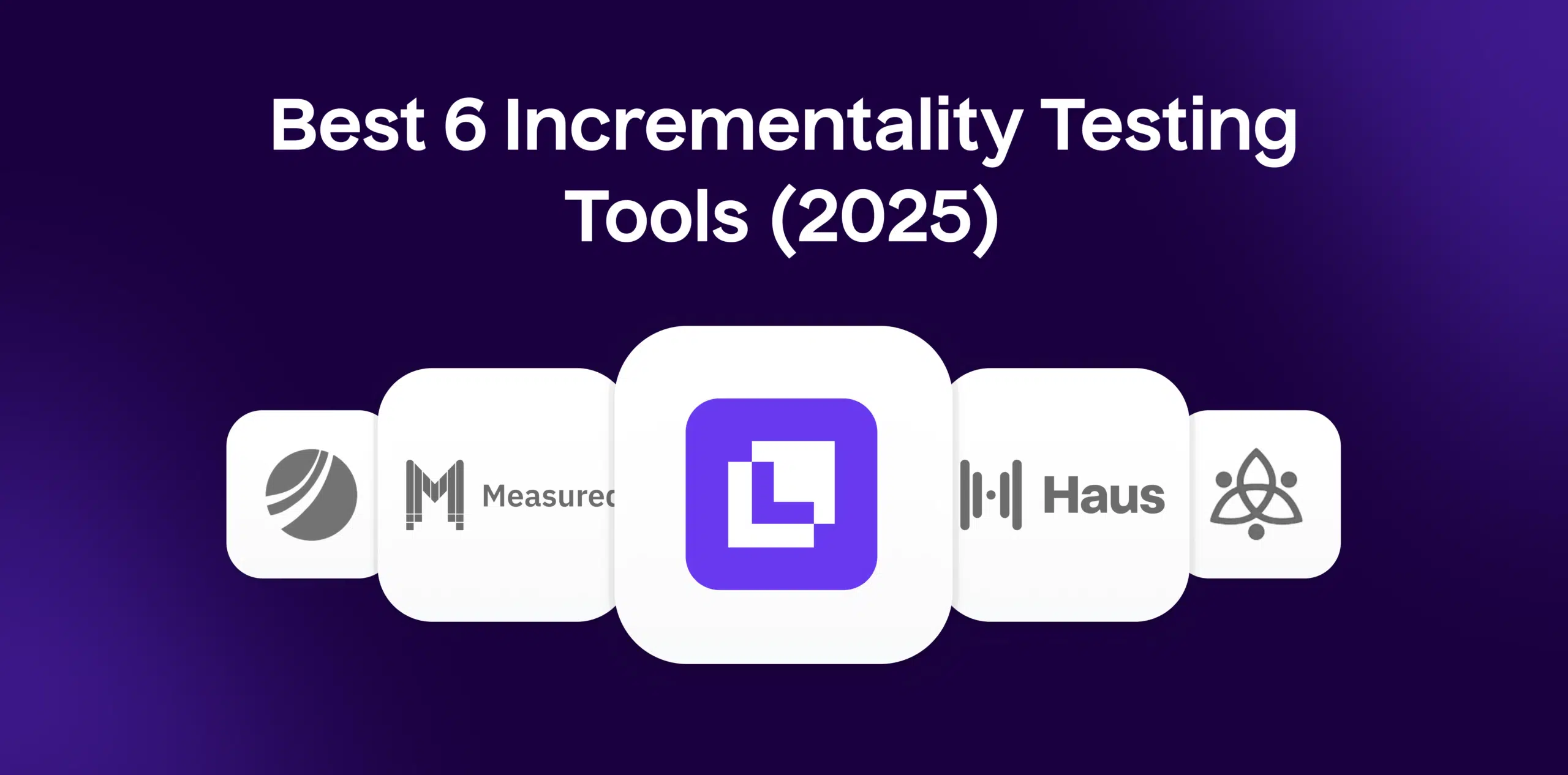What is Application?
An Application (App) generally refers to a mobile or web-based software program designed to carry out specific tasks. This includes everything from gaming apps like Candy Crush, to productivity apps like Slack, to e-commerce apps like Amazon or eBay. In the context of the e-commerce world, apps are a key driver of consumer interactions, buying habits, traffic, and eventually revenue.
Herein, the role of an e-commerce app is to create a user-friendly interface where consumers can easily browse, select, and purchase desired products. The app must incorporate diverse features that enable searches, providing product information, facilitating price comparisons, triggering notifications for offers, seamless checkout options, tracking delivery, and reviewing customer feedback.
Formula
E-commerce App Efficiency = (Number of Successful Purchases / App Interactions) * 100%
Example
For instance, the Amazon shopping app presents consumers with a wide array of products, filter, sort and search options, personalized recommendations, customer reviews and ratings, secure payment gateways, and real-time shipment tracking.
Why is App important?
Applications are a pivotal part of the e-commerce industry. They provide businesses with a direct marketing channel to customers and lead to higher customer engagement, improved accessibility, increased brand recognition, and a boost in sales. In today’s digital age, customers prefer shopping in the comfort of their homes or on-the-go, increasing the demand for e-commerce apps.
Which factors impact App?
To enhance the usability and efficiency of an app, businesses need to focus on various aspects such as user interface (UI), overall user experience (UX), page loading speed, navigation, personalization, and most importantly, security. Regular app updates, incorporating customer feedback, seamless integration of advanced technologies like AR/VR, AI, machine learning, etc., can also aid in improving the app.
How can App be improved?
Several factors impact the effectiveness of an application, including its design, functionality, user-friendliness, speed, security, and regular updates. Moreover, its performance is significantly affected by the device-related factors such as Operating System, screen size, connectivity, battery life, and more.
What is App’s relationship with other metrics?
Applications interrelate and influence diverse e-commerce metrics. The speed and efficiency of apps can directly impact conversion rates and bounce rates. The app’s user interface and experience significantly affect customer reviews and ratings, and consequently customer retention and the Net Promoter Score (NPS). A well-optimized app can also increase organic app store rankings, thereby enhancing visibility and downloads.
Free essential resources for success
Discover more from Lifesight
























































